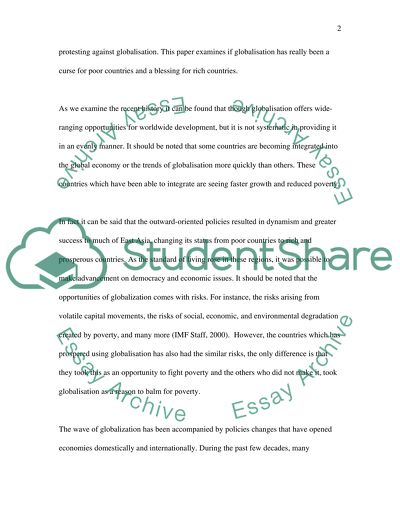Cite this document
(Globalization Is a Trend Which Hurts the Poor and Benefits the Rich Essay, n.d.)
Globalization Is a Trend Which Hurts the Poor and Benefits the Rich Essay. https://studentshare.org/politics/1519875-globalisation-is-a-trend-which-hurts-the-poor-and-rich
Globalization Is a Trend Which Hurts the Poor and Benefits the Rich Essay. https://studentshare.org/politics/1519875-globalisation-is-a-trend-which-hurts-the-poor-and-rich
(Globalization Is a Trend Which Hurts the Poor and Benefits the Rich Essay)
Globalization Is a Trend Which Hurts the Poor and Benefits the Rich Essay. https://studentshare.org/politics/1519875-globalisation-is-a-trend-which-hurts-the-poor-and-rich.
Globalization Is a Trend Which Hurts the Poor and Benefits the Rich Essay. https://studentshare.org/politics/1519875-globalisation-is-a-trend-which-hurts-the-poor-and-rich.
“Globalization Is a Trend Which Hurts the Poor and Benefits the Rich Essay”. https://studentshare.org/politics/1519875-globalisation-is-a-trend-which-hurts-the-poor-and-rich.


